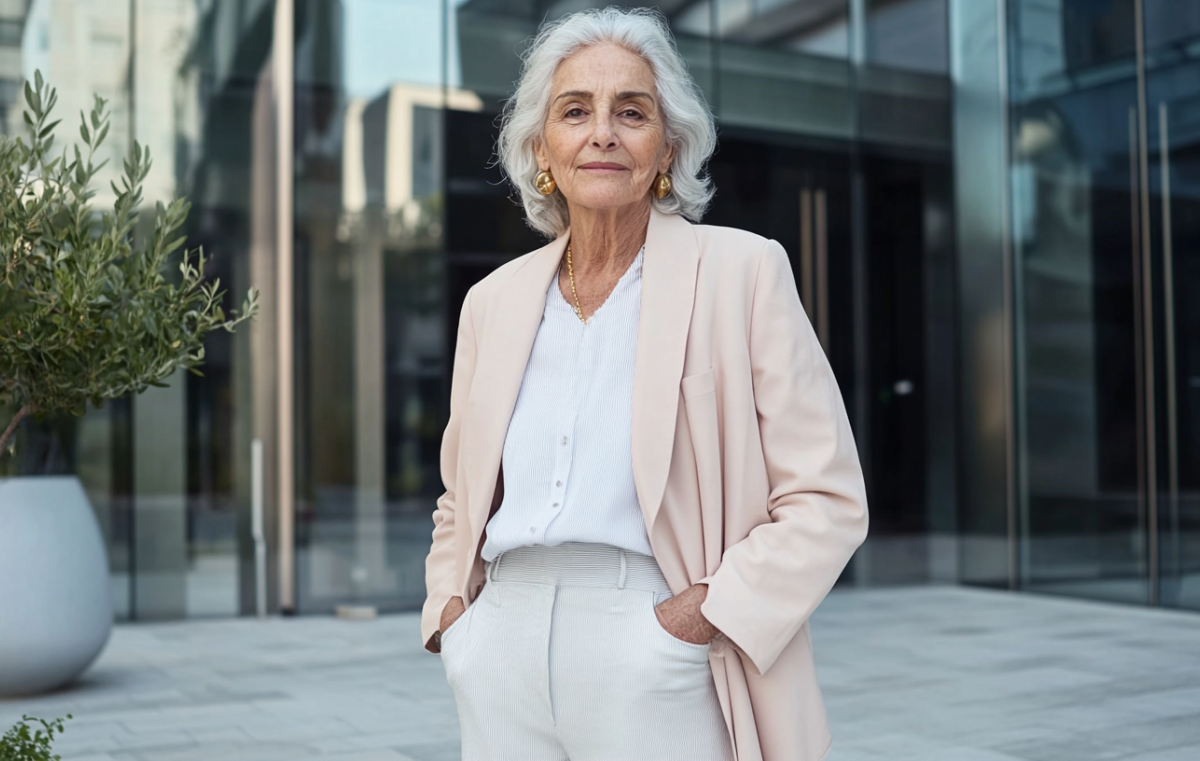What Happens When We Live Long Enough to Discriminate Against Ourselves?
The EU awards €2.5 million to Bar-Ilan Prof. Liat Ayalon to fight ageism from the inside out

The Most Inevitable Discrimination in the World
It starts small.
A joke about “senior moments.”
A comment like “you’re too old to wear that.”
A doctor speaking to your adult child instead of to you.
A hiring manager who skims your resumé and assumes you’re out of touch.
That’s ageism. And unlike other phobias, there’s one thing that makes ageism unique: If we live long enough, we’ll likely become its victims.
Prof. Liat Ayalon from Bar-Ilan University’s School of Social Work has spent years studying this quiet, creeping form of discrimination. Now, with the support of a prestigious €2.5 million European Research Council (ERC) Advanced Grant, she’s launching a groundbreaking international project to do something no one has quite done before:
Tackle ageism in the second half of life, from within.
Why Ageism Matters Now More Than Ever
Populations around the world are aging at unprecedented rates. Yet, instead of celebrating longevity, society often treats aging like a problem to be solved. Stereotypes paint older people as frail, stubborn, forgetful, or incapable. These narratives don’t just come from media or institutions—they’re internalized, too. Many older adults begin to see themselves through this distorted lens, limiting their own sense of possibility, value, and identity.
That’s where Prof. Ayalon’s ERC-funded HALFLIFE project comes in.
With roughly 10 million shekels in funding, HALFLIFE aims to understand—and reduce—ageism from a deeply human and psychological perspective. But Prof. Ayalon isn’t interested in quick-fix campaigns or generic awareness slogans. Her approach is bold, nuanced, and deeply personal.
Fighting Ageism from the Inside
Instead of seeing older adults only as passive victims of ageism, Prof. Ayalon’s research proposes something radically different: that older individuals can also, often unknowingly, reinforce the very stereotypes and assumptions that harm them.
It’s not about blame—it’s about understanding.
This intra-group lens opens the door to a more complex and realistic view of how ageism persists: not just from the outside looking in, but also from the inside looking out. And that’s where real change begins.
The project will use a unique “intervention acceleration” method, testing various approaches in both lab and real-world settings across three countries. These interventions won’t be top-down mandates—they’ll be co-developed with older adults themselves, alongside researchers, policymakers, and professionals. The goal: create scalable, evidence-based strategies that actually work—and that can be adopted across health systems, media, workplaces, and communities.
The Researcher Behind the Mission
Prof. Ayalon is no stranger to international impact. She’s a globally recognized voice in social and behavioral gerontology, listed among the UN’s Top 50 researchers in healthy aging. She serves on the World Health Organization’s steering committee for its global anti-ageism campaign, and she’s led major European research networks including COST IS1402 and the Marie Curie EuroAgeism doctoral program—initiatives that shaped policy not just in Europe, but at the UN level as well.
Now, with the support of the ERC—Europe’s most competitive and prestigious research funding body—Prof. Ayalon is once again breaking new ground.
Her project asks us all to reconsider something we rarely confront directly:
What does it mean to grow older in a world that fears aging?
And more importantly:
How do we change that?